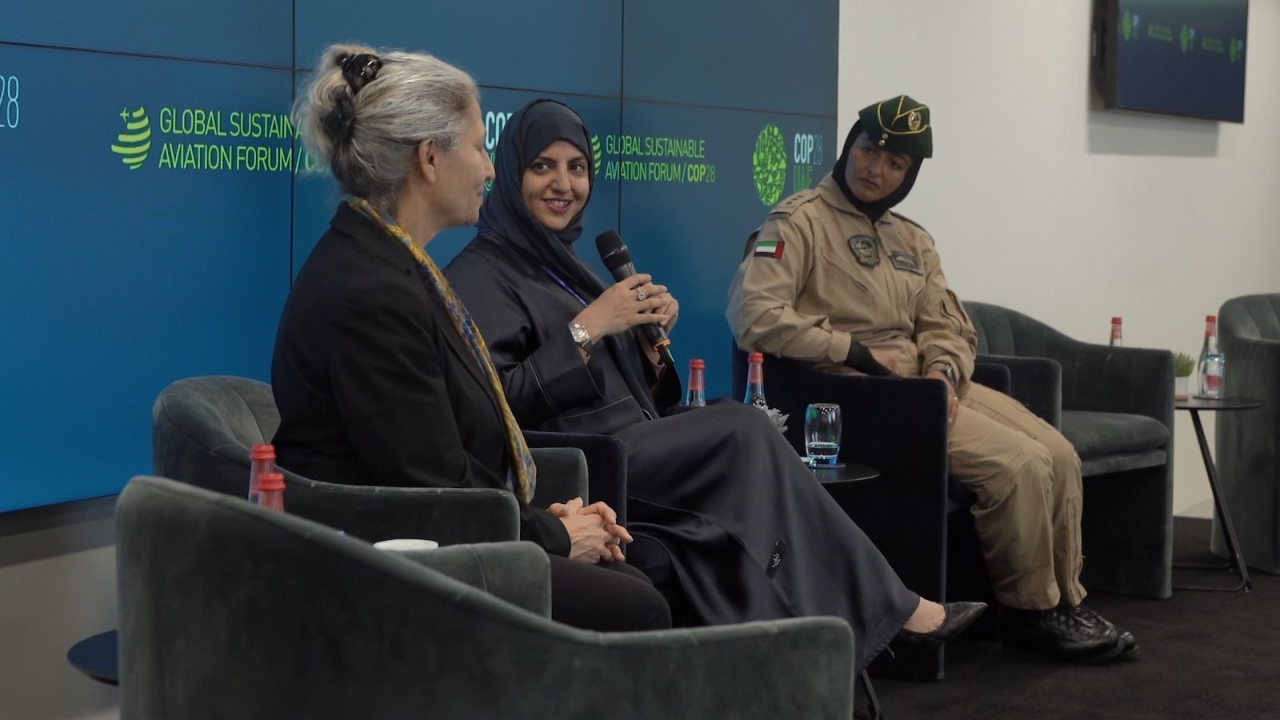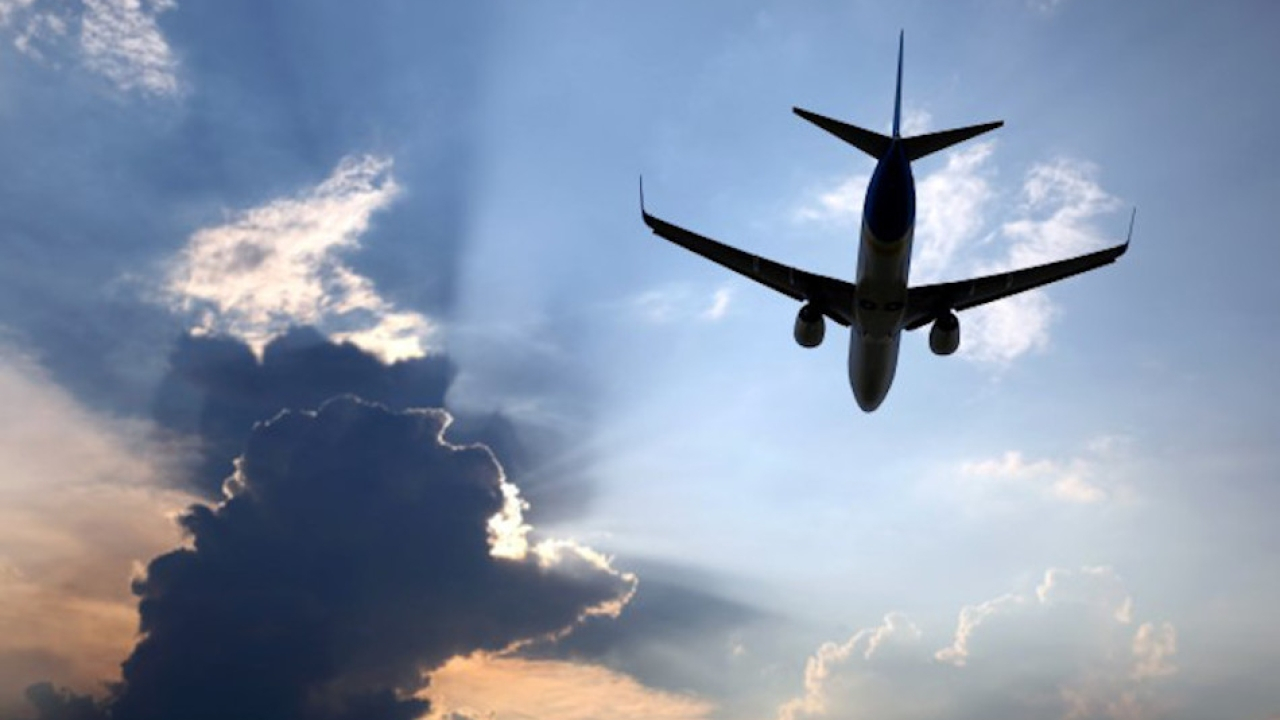International aviation community on track to achieve net-zero emissions
The General Civil Aviation Authority (GCAA) says the ‘Dubai Global Framework’ for sustainable aviation fuel represents a strong push at reducing carbon emissions in the aviation sector.

Image: The General Civil Aviation Authority
It sets the international aviation community on the right path to achieve net-zero emissions by the year 2050.
This was stated by Maryam Al Balooshi, UAE Lead Negotiator for Aviation Climate Change and Director of the Environment Department at the GCAA as well as Deputy Chair of ICAO Committee on Aviation Environmental Protection. She made these remarks during her participation in a “High level session: getting to Net-Zero" at the Global Sustainable Aviation Forum held as part of the activities of the 28th Conference of the Parties (COP28).
During her intervention in the session, Eng. Mariam Al Balooshi affirmed that the United Arab Emirates has taken advanced steps to create a supportive environment for the transition to sustainable aviation fuel. She emphasized the country's commitment to supporting all international efforts to enhance this direction, believing that the shift towards a low-carbon model creates new growth opportunities that serve developmental goals and contribute to comprehensive and sustainable growth.
Al Balooshi continued by stating that the present time witnesses tangible activity from the international aviation community in addressing the climate change. This was reflected in the outcomes of the third ICAO conference on aviation and alternative fuels recently hosted by the UAE. The conference resulted in international consensus on the Global Framework for Sustainable Aviation Fuel (Dubai Global Framework) and the establishment of an ambitious target to reduce global aviation emissions by 5% by the year 2030.
She pointed out that the upcoming phase will involve intensive international efforts within the ICAO's Committee on Aviation Environmental Protection. This is aimed at developing policies that promote this direction within the agreed-upon global framework. Additionally, tools will be established to measure the progress made in this direction.
The panel discussion took place at the Impact Hub in the DP World Pavilionm Green Zone at COP 28. In addition to Engineer Maryam Al Balooshi, participants included Sheikha Mozah Bint Marwan Al Maktoum, Chairperson of “Shehana” Women in Aviation Association, Ms. Annie Petsonk, Assistant Secretary for Aviation and International Affairs at the U.S. Department of Transportation, and Ms. Jane Hupe, Envoy of the ICAO Secretary-General to UNFCCC COP. The session focused on discussing the overall trajectory to achieve zero carbon emissions in the aviation sector, highlighting the roles of governments, stakeholders, and energy companies in the success of this transition.
Stay up to date
Subscribe to the free Times Aerospace newsletter and receive the latest content every week. We'll never share your email address.

